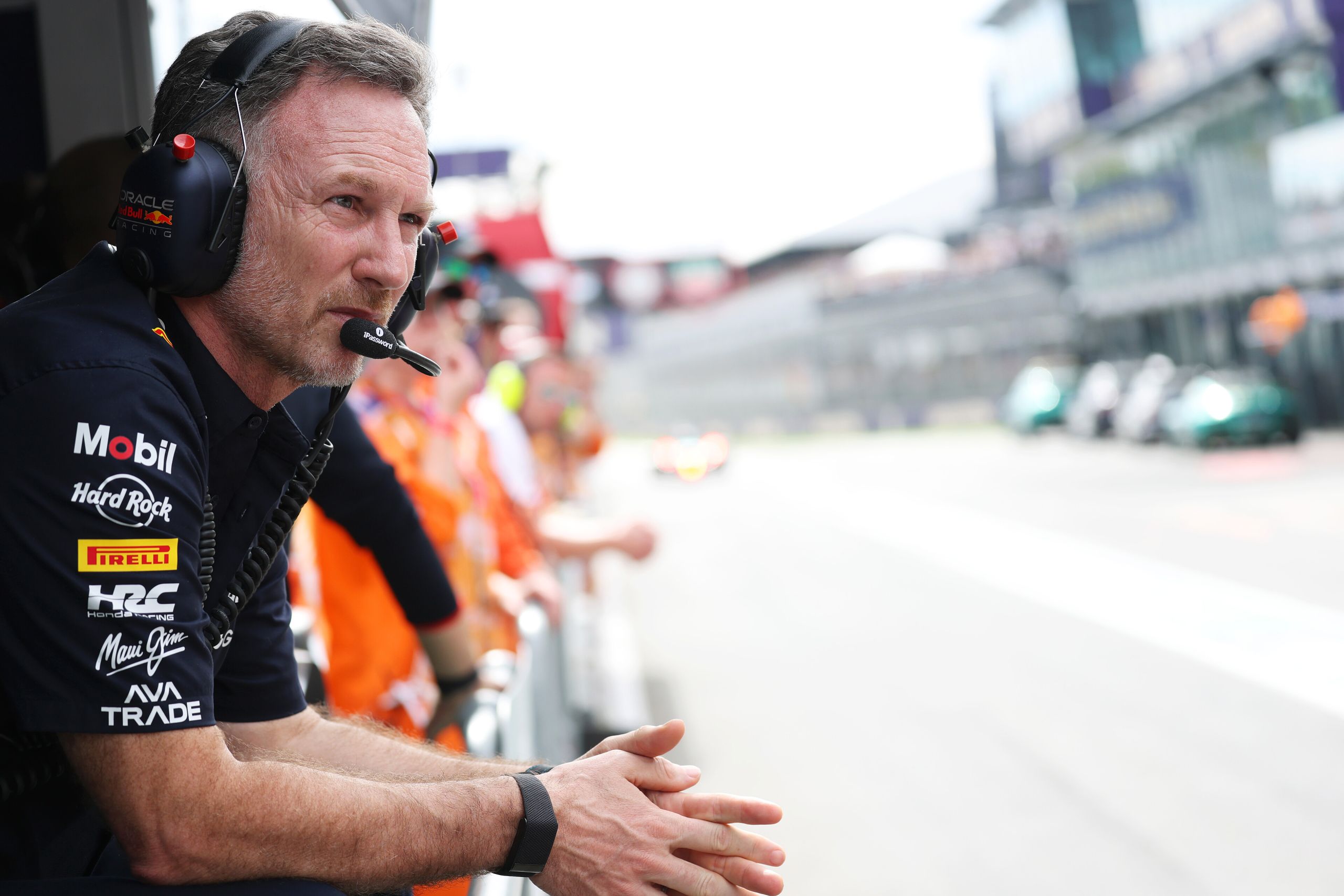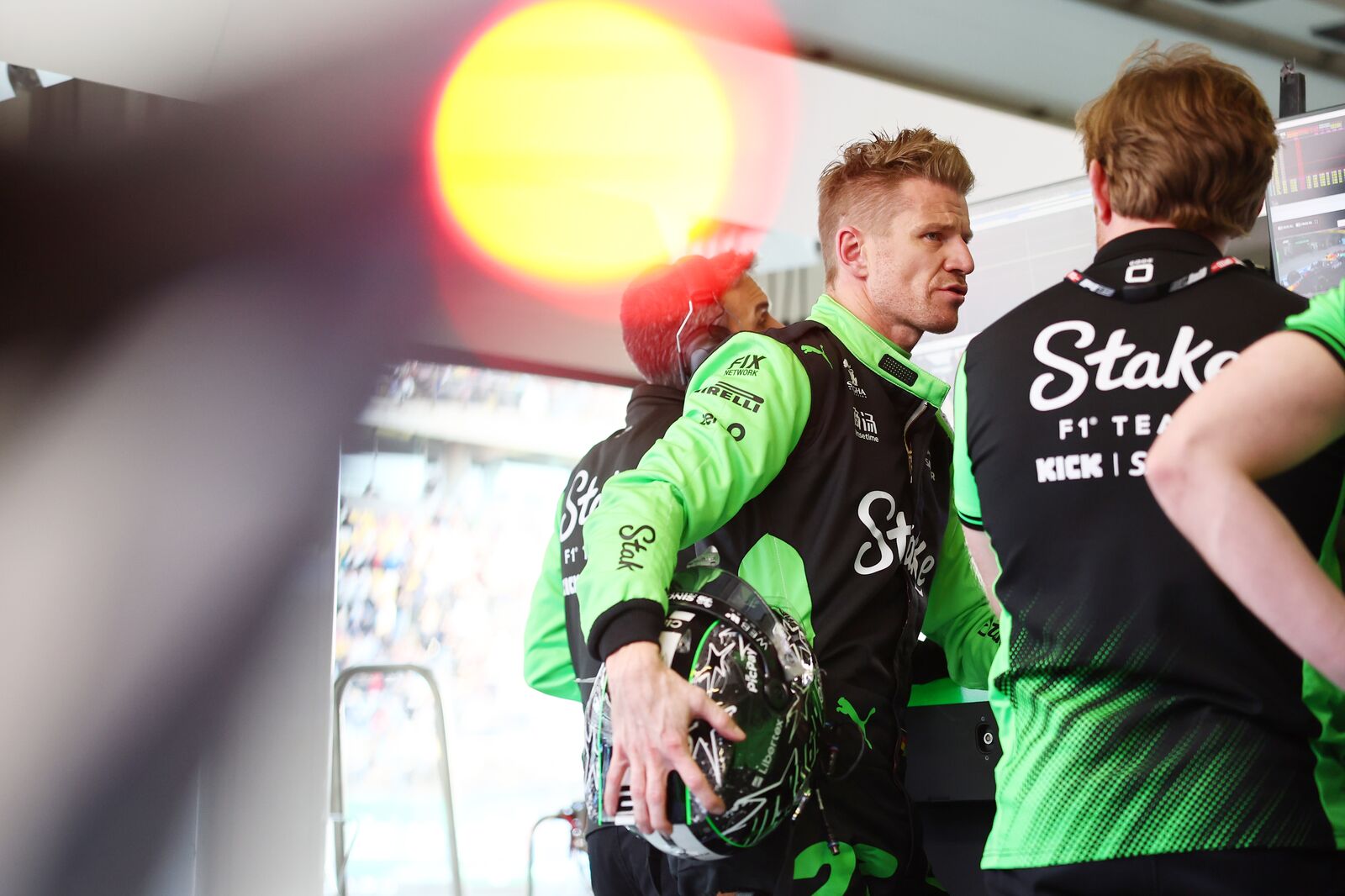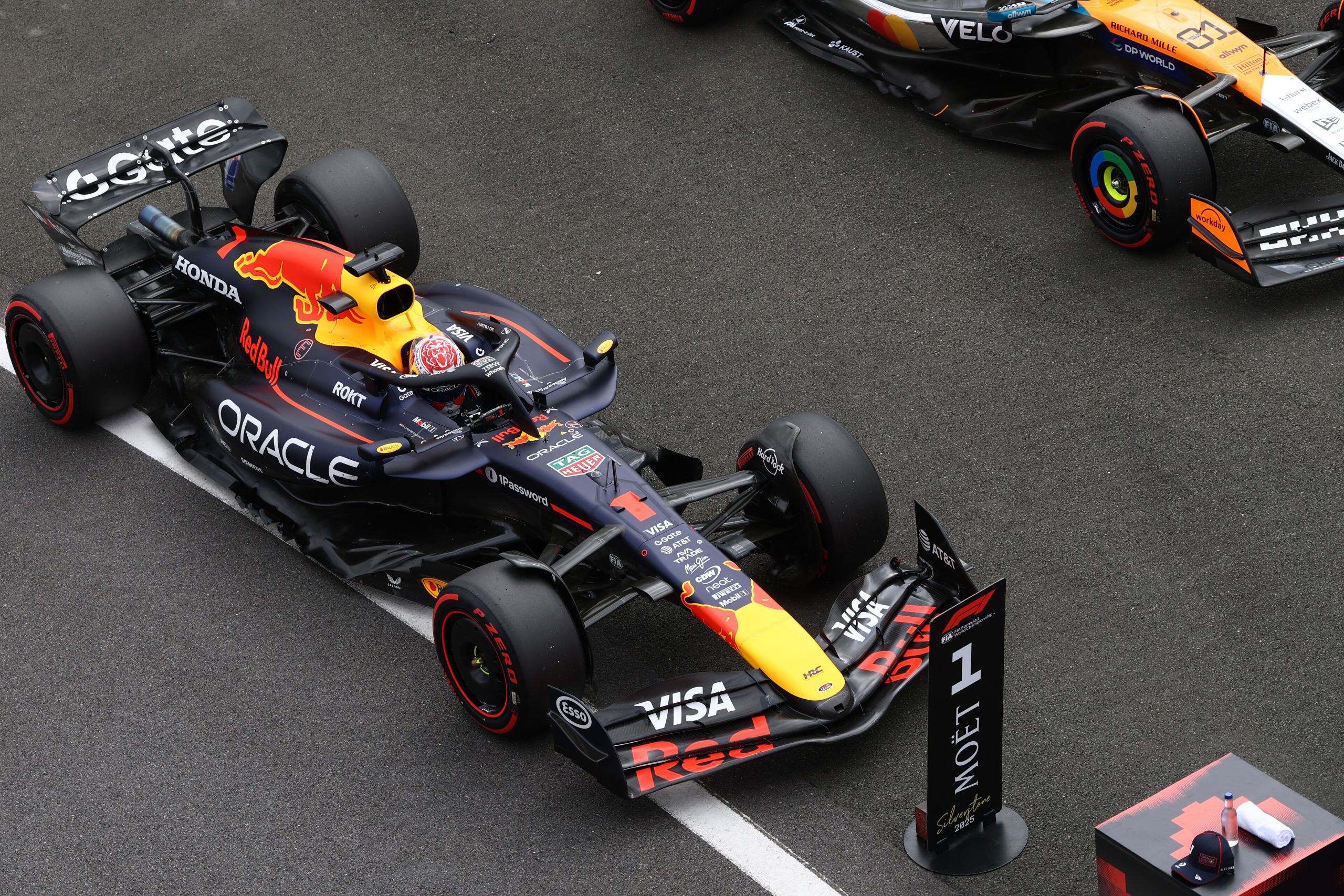Engineering The Next Generation: F1 As A Career Path For Young Innovators
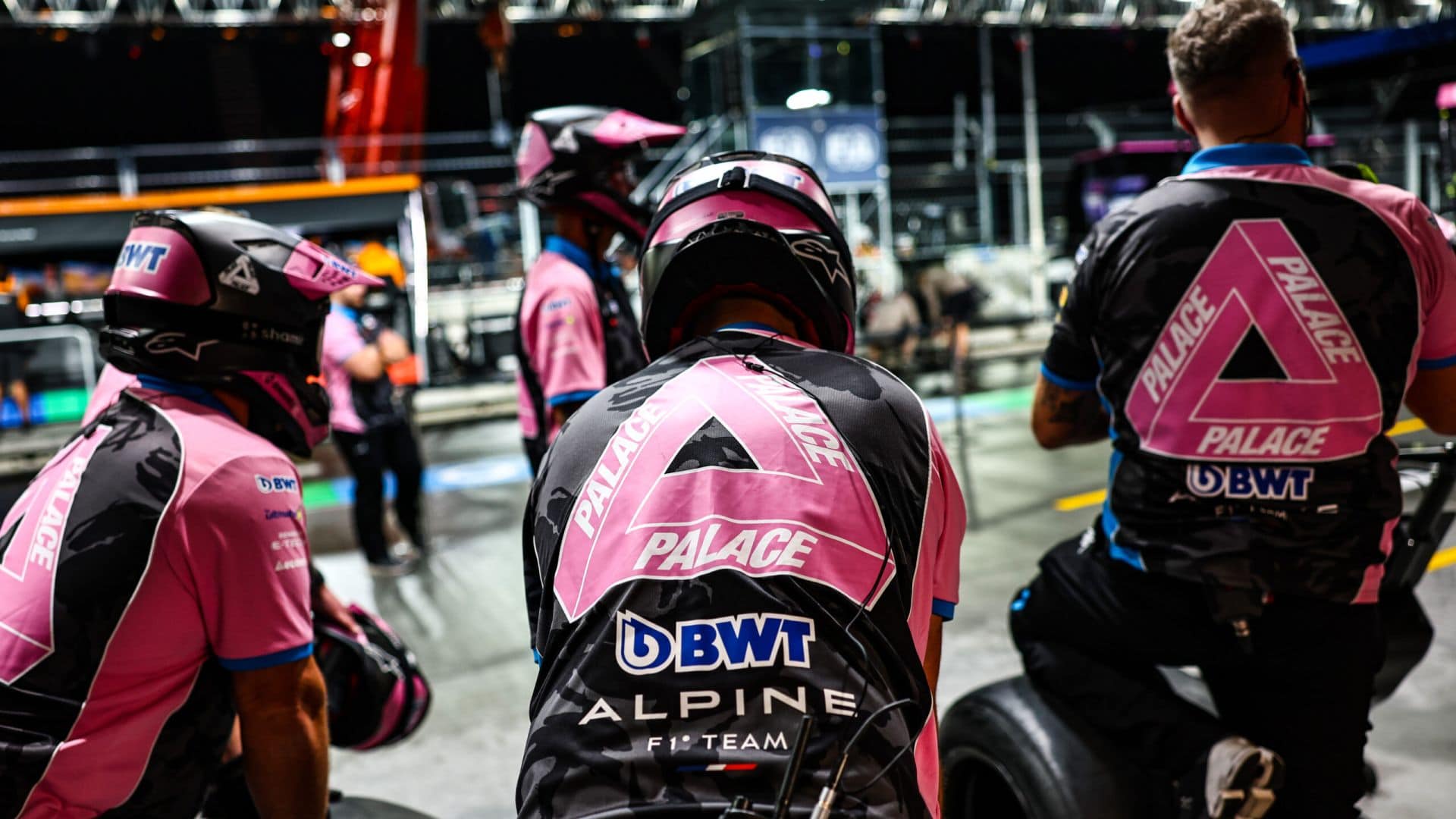
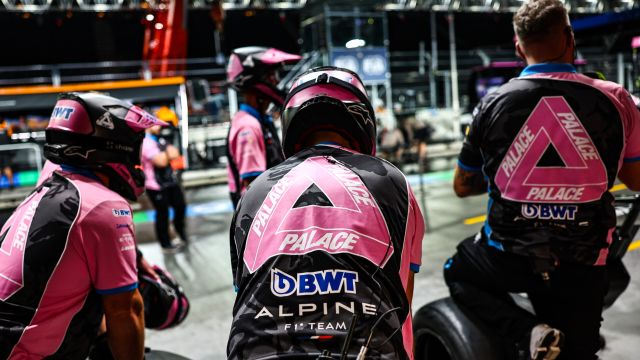
Formula 1 engineering is a highly specialized field that represents the pinnacle of automotive engineering and team coordination. These jobs are coveted for their excitement, prestige, and the cutting-edge nature of the technology involved. Engineers in this field are responsible for designing, developing, and optimizing the performance of Formula 1 cars. They work in a fast-paced environment where milliseconds can mean the difference between victory and defeat, often pushing the boundaries of what is technically possible to gain a competitive edge on the track.
To become part of this elite world, potential engineers usually require a strong educational background in engineering or a related discipline, combined with experience and a deep understanding of motor racing dynamics. Formula 1 teams operate like well-oiled machines with various roles including aero-dynamicists, race engineers, and performance analysts, each playing a crucial role in the car’s performance. Additionally, the recruitment process is highly competitive, requiring applicants to stand out with more than just academic qualifications; practical experience, team collaboration, and a passion for motorsports are equally important.
Key Takeaways
- Formula 1 engineering jobs are specialized roles that demand a combination of advanced technical skills and a passion for motorsport.
- The structure of an F1 team is multifaceted, necessitating a diverse range of engineers to optimize car performance.
- Securing a career in F1 engineering involves a rigorous selection process and often requires both formal qualifications and relevant experience.
Exploring Formula 1 Engineering Roles
In the high-octane world of Formula 1, engineering roles are critical in pushing the boundaries of automotive technology and performance. Precision, innovation, and split-second decision-making define the engineering teams that support and advance the capabilities of F1 cars.
Mechanical Engineer
Mechanical Engineers in Formula 1 focus on the design, development, and implementation of the car’s components. These engineers work on the cutting edge of mechanical design, often using Computer-Aided Design (CAD) software to create models and simulations. Their key responsibilities include:
- Designing parts such as the chassis, suspension system, and aerodynamic features.
- Improving aerodynamic development to enhance performance.
- Collaborating with aerodynamicists to integrate aerodynamic principles with mechanical components.
Systems Engineer
The role of a Systems Engineer is pivotal in ensuring all of the car’s systems function harmoniously. They must also be proficient in data analysis, as they bridge the gap between raw data and practical performance enhancements. Key responsibilities:
- Developing and maintaining sophisticated data acquisition and telemetry systems.
- Troubleshooting system-wide issues in real-time during testing and race conditions.
- Working closely with mechanical design engineers and electrical engineers to optimize the car’s overall systems.
Electrical Engineer
Electrical Engineers in Formula 1 are integral to the design and operation of electrical systems within the vehicle. Their work often overlaps with systems engineering, particularly on components such as sensors, harnesses, and electronic control units (ECUs). Responsibilities include:
- Designing and maintaining the intricate electronic networks that control the car.
- Ensuring the reliability of electronic systems, including power supply and distribution.
- Collaborating with the wider engineering team to ensure seamless integration of electronic and mechanical systems.
Educational Pathways to a Formula 1 Engineering Career
Gaining a position as an engineer in Formula 1 is a challenging yet rewarding career goal that requires a combination of formal education, practical experience, and a deep passion for motorsports.
However, even technical majors often have related creative tasks that are only sometimes within the power of people with a mathematical mindset. Such students usually pay for essay to professional writing services. Experienced writers from Papersowl do the job quickly and efficiently.
Here’s an overview of the educational routes one can take to pursue this elite field.
Undergraduate Degree
The foundational step to becoming an F1 engineer is to obtain an undergraduate degree. Most F1 race engineers have a degree in mechanical engineering or automotive engineering. These degrees provide the necessary knowledge of vehicle dynamics, materials science, thermodynamics, and fluid dynamics, which are essential for understanding the complexities of a Formula 1 car.
Postgraduate Education
While not always mandatory, a postgraduate degree can enhance one’s prospects in the competitive field of Formula 1. Specialized master’s programs or PhDs in engineering disciplines relevant to motorsport can offer an edge. According to the information provided, many Strategy Engineer positions in F1 may require a Master or PhD level degree in a STEM subject.
Practical Experience
Hands-on experience is crucial in this field. Aspiring F1 engineers should seek opportunities to work on cars, whether through internships, cooperative education programs, or by participating in collegiate racing series like Formula SAE. This practical experience is invaluable and often a prerequisite for entering the world of Formula 1 engineering.
Specialized Short Courses and Certifications
In addition to formal degrees, there are specialized courses and certifications that can provide targeted knowledge in areas such as racing car design, aerodynamics, and data analysis. These courses, often offered by engineering institutions or through motorsport organizations, can supplement an engineer’s education and make them more attractive to F1 employers.
Understanding the Formula 1 Team Structure
A Formula 1 team is an ensemble of professionals each playing a crucial role in the pursuit of speed and performance. Effective collaboration and clear hierarchies are pivotal for success on the track.
Team Members
In a Formula 1 team, team members are individuals with varied expertise who work collectively towards the team’s objectives. These professionals range from design and manufacturing to operations and race strategy. They are often divided into sub-teams, each with specific responsibilities and a team leader who ensures their section contributes effectively to the team’s overall goals.
- Designers and Aerodynamicists: These personnel focus on the car’s physical and aerodynamic aspects for optimal performance.
- Mechanics and Technicians: Responsible for the assembly and maintenance of the Formula 1 car.
- Support Staff: Roles include hospitality, marketing, and logistics, supporting the core competitive activities.
Project Manager
A Project Manager in a Formula 1 team, often called a Team Principal, is the professional who oversees the entire project lifecycle of the Formula 1 car from concept to race day. Tasked with ensuring that every component and system is designed, tested, and implemented to the highest standards, they serve as the liaison between the engineering team and upper management. Their leadership is central to both the strategic direction and the operational effectiveness of the team.
Specialist Engineers
Specialist Engineers are the experts in their respective fields, focusing on a specific aspect of the car or team operations. These roles include:
- Race Engineers: They fine-tune the performance of the car and support the driver during race weekends.
- Performance Engineers: Focus on data analysis to enhance car speed and reliability.
- Systems Engineers: Ensure all vehicle systems operate together seamlessly.
- Power Unit Engineers: Specialize in the development and optimization of the engine and hybrid systems.
The Recruitment Process in Formula 1
Navigating the recruitment process in Formula 1 requires understanding the expectations of employers, utilizing effective search strategies, and being aware of the benefits and opportunities that come with the role.
Search Strategies
Candidates should focus on specialized recruitment platforms and the careers sections of Formula 1 teams’ websites to find job listings. Networking at motorsport events and through professional online forums can also open doors to opportunities within the industry. Performance in past roles, especially in high-pressure environments, will often be considered in the hiring process.
Key Methods:
- Official team websites
- Motorsport industry job boards
- Professional networking
Employers’ Expectations
Employers in Formula 1 seek candidates with specific qualifications and skills that typically include a strong background in engineering or a related field, as well as practical experience. They expect applicants to demonstrate a clear understanding of the fast-paced nature of the sport and the ability to contribute to the team’s performance.
Critical Qualifications:
- Relevant engineering degree
- Experience in motorsports or related fields
- Ability to work collaboratively in high-stress situations
Benefits and Opportunities
A career in Formula 1 engineering provides individuals with numerous benefits, such as working with cutting-edge technology and being part of an elite team. Opportunities for professional growth are significant, reflecting an environment where performance leads to advancement.
Key Benefits:
- Involvement with advanced automotive technologies
- Collaboration with leading professionals in the field
- Career advancement based on team contribution and individual performance
Key Locations and Facilities for F1 Engineering
In Formula 1, the convergence of technology, expertise, and facilities is essential for success. The UK and Switzerland are notable hubs, hosting advanced factories and design offices, as well as cutting-edge wind tunnels and testing facilities.
Factory and Design Offices
In the UK, teams such as McLaren Racing operate out of state-of-the-art facilities. McLaren’s factory is situated in Woking, which serves as a nucleus for engineering ingenuity. Here, engineers and designers collaborate on developing the next generation of F1 vehicles.
Another key player, the Alpine F1 Team, is based in Enstone, a historic epicenter for F1 engineering. Their factory is equipped with diverse departments working in unison from vehicle design to aerodynamics and simulations.
Wind Tunnel and Testing Facilities
Wind tunnels remain crucial in F1 engineering, allowing teams to refine aerodynamic performance. Red Bull, Mercedes, Ferrari and McLaren utilize high-specification wind tunnels at their headquarters. These facilities permit the team to simulate and analyze real-world conditions, influencing car design and setup.
Switzerland, specifically Hinwil, is a focal point for F1’s aerodynamic testing, hosting Alfa Romeo F1 Team’s wind tunnel. This facility is known for its precision and technological sophistication, supporting various aspects of the car’s performance development beyond the track.
Advancing Your Career in Formula 1 Engineering
In the competitive realm of Formula 1 engineering, career advancement hinges on an individual’s commitment to continuous skill development and their ability to navigate a dynamic, international job market.
Continuous Learning and Development
Professionals in Formula 1 engineering must demonstrate a robust foundation in STEM (Science, Technology, Engineering, and Mathematics) disciplines, along with a willingness to engage in ongoing learning. To be considered for advanced roles such as a Project Engineer or Design Engineer, one typically needs a degree in engineering, often supplemented by a Master’s or even a PhD.
- Essential Qualifications:
- Bachelor’s degree in Engineering (minimum)
- Master’s degree or PhD (advantageous)
- Key Skills:
- Proficiency in cutting-edge engineering software and simulation tools
- Strong analytical and problem-solving abilities
- Excellent communication skills to collaborate with cross-functional teams
Moving Up the Ranks
Career progression in Formula 1 engineering may lead to managerial positions, where leadership and strategic decision-making become as crucial as technical expertise. Advancement to these roles typically involves a proven track record of:
- Successful project completion
- Innovation in design and implementation
- Effective team management and mentorship
Moving up the ranks necessitates a blend of experience, demonstrated success in projects, and the ability to lead and inspire a team.
Global Opportunities
Formula 1 operates on a global stage, offering international career prospects to engineers. Working in Formula 1 can involve travel and the opportunity to live and work in some of the world’s most desirable locations. A career in this field is characterized by:
- International Mobility:
- Ability to work in different countries and adapt to diverse cultural environments
- Fluency in multiple languages can be a significant advantage
- Cultural Adaptability:
- Successful engineers often possess the ability to work within international teams
- Respect for global work ethics and practices
Professionals who are adaptable and willing to relocate internationally will find increased opportunities for advancement within the Formula 1 industry.
F1 As A Career – Frequently Asked Questions
In this section, we address common inquiries about the path and expectations for engineers aspiring to join a Formula 1 team, outlining qualifications, roles, avenues for internships, salary norms, and competitiveness of the field.
What qualifications are required to become an engineer in a Formula 1 team?
To become an engineer in a Formula 1 team, one generally needs a strong engineering degree as a fundamental qualification. Additional postgraduate education, such as a Master’s or PhD, is beneficial, especially in fields directly related to motorsports.
What are the different engineering roles available within Formula 1 teams?
Formula 1 teams offer a variety of engineering roles including but not limited to design engineers, aerodynamicists, systems engineers, and race strategy engineers. Each of these roles requires a unique set of skills and expertise in their specific areas.
How can one apply for internships at Formula 1 teams, such as Mercedes or Ferrari?
Candidates interested in internships with top teams like Mercedes or Ferrari should monitor the official team websites and careers pages for internship openings. Additionally, keeping an eye on job portals that specialize in motorsport opportunities is critical for identifying internship possibilities.
What is the average salary of an engineer working in the Formula 1 industry?
The salary of engineers in Formula 1 can vary widely based on experience, role, and the team. However, it is generally accepted that salaries are competitive, reflecting the specialized skills and high-stakes environment of motorsport engineering.
How competitive is the process to secure a mechanical engineering position in Formula 1?
Securing a mechanical engineering position in Formula 1 is highly competitive due to the prestige of the sport and the limited number of teams and roles available. Candidates need to stand out with exceptional skills, experience, and sometimes personal connections within the industry.
Is it possible to work as an engineer for F1 without a motorsport background?
While having a background in motorsports is advantageous, it is not an absolute requirement. Engineers with strong backgrounds in relevant technical fields and the capability to quickly adapt to the fast-paced nature of Formula 1 can also find opportunities within the industry.

